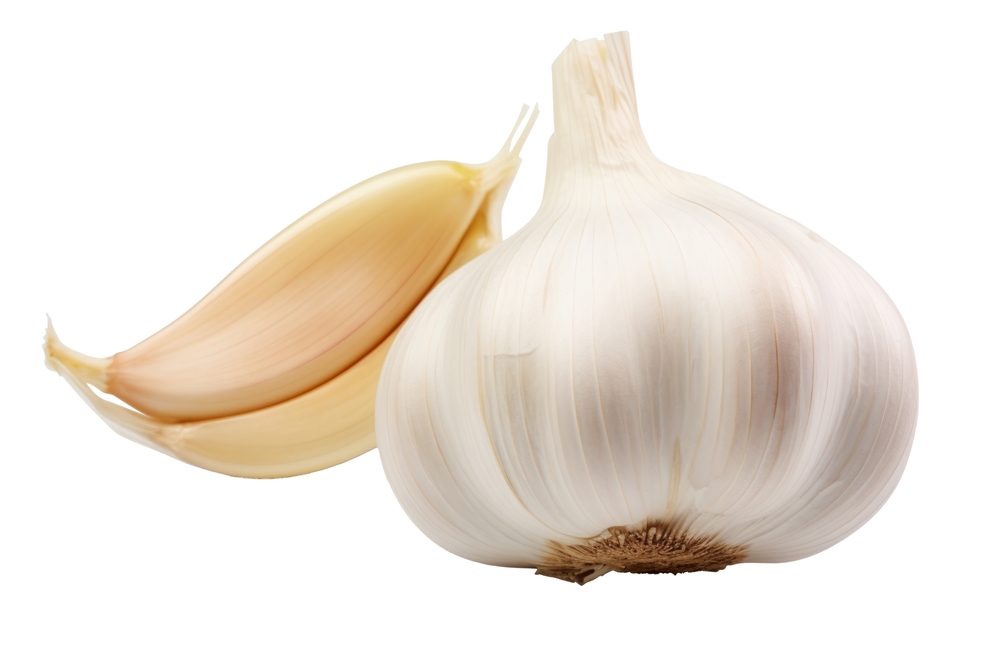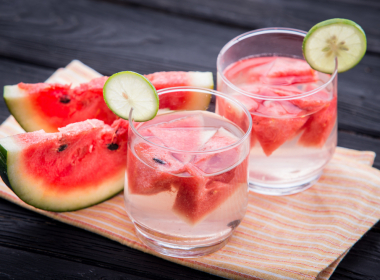We’ve all been there — eyeing that leftover slice of garlic bread and wondering if the dragon breath that follows is really worth it. But what if that pungent bulb could actually be working overtime to keep your insides squeaky clean? The idea that garlic can “cleanse” your blood has been making the rounds from ancient medicine to modern wellness blogs. Let’s peel back the layers on this stinky health claim and see what’s really going on.
What people mean by “blood cleansing” anyway
Before we dive into garlic’s effects, let’s get something straight — your blood isn’t exactly dirty. Your body comes equipped with its own impressive cleaning crew — your liver and kidneys work around the clock filtering out toxins and waste. When people talk about “cleansing” blood, they’re usually referring to reducing inflammation, fighting infections, or improving circulation.
Garlic enthusiasts claim that popping raw cloves daily can thin your blood, flush out toxins, lower cholesterol, and even fight off everything from the common cold to serious infections. Some hardcore garlic fans even chew raw cloves first thing in the morning or crush them into water for a potent shot of garlic goodness. But is this just a smelly ritual, or is there something legitimate happening in your bloodstream?
The science behind garlic’s powers
Garlic isn’t just a flavor bomb — it’s packed with bioactive compounds that do some pretty impressive things in your body. The star of the show is allicin, which forms when you crush or chop raw garlic. It’s responsible for both that eye-watering aroma and many of garlic’s health effects.
When it comes to your blood specifically, raw garlic has been shown to have several effects. It can help prevent blood clots by making platelets less sticky, which might improve circulation. It also contains compounds that may help reduce cholesterol and lower blood pressure over time. There’s even evidence that garlic has antimicrobial properties, potentially helping your immune system fight off certain infections.
But here’s where things get interesting — many of these benefits depend on how you consume your garlic. Cooking destroys some of the active compounds, which is why raw garlic enthusiasts insist on uncooked cloves. And timing matters too — allicin starts breaking down fairly quickly after garlic is crushed, so that minced garlic sitting in your fridge for days won’t pack the same punch.
The truth about “toxins” and your bloodstream
Now let’s address the elephant in the room — the whole “detoxification” claim. Despite what many cleanse programs might tell you, your body doesn’t actually accumulate mysterious toxins that need to be flushed out with special foods or drinks. Your liver and kidneys are remarkably efficient at filtering your blood and removing waste products.
That said, garlic may support these natural processes in less dramatic ways. Some compounds in garlic might help boost liver enzyme function, potentially supporting your body’s own detoxification systems. And by fighting inflammation and improving circulation, garlic could help your body’s natural cleanup crew work more efficiently.
But will eating raw garlic “purify” your blood of toxins or dramatically cleanse your system? Not quite in the way some health gurus might suggest. Your blood isn’t getting “dirty” in the first place, and garlic isn’t scrubbing it clean like some kind of internal shower. The reality is more nuanced but still potentially beneficial.
What happens when you make garlic a daily habit
People who adopt a daily raw garlic routine report a range of experiences. Some notice changes in their energy levels, fewer colds, or improvements in digestive issues. Others find their blood pressure readings gradually improving or their cholesterol numbers dropping over time.
Then there are the less pleasant side effects — persistent garlic breath that even the strongest mints can’t tackle, body odor that seeps through your pores, and sometimes digestive discomfort. For some people, raw garlic can irritate the mouth, esophagus, or stomach, especially when consumed in large amounts.
The social implications aren’t small either. Your coworkers, romantic partners, and even pets might have strong opinions about your new garlic habit. There’s a reason “garlic breath” is universally recognized as something to avoid before important meetings or dates.
Finding the sweet spot with garlic consumption
If you’re intrigued by garlic’s potential benefits but don’t want to become a social pariah, there are ways to incorporate it more moderately. Adding crushed garlic to salad dressings or lightly cooking it at the end of meal preparation preserves more active compounds than fully cooking it into dishes. Garlic supplements are another option, though they don’t always contain the same beneficial compounds found in fresh garlic.
For those brave souls determined to try the raw garlic approach, starting small is wise. Begin with a small piece of a clove rather than going full vampire-hunter with multiple cloves daily. Taking it with food can help prevent stomach irritation, and following it with fresh parsley might help combat the breath issue slightly.
Timing matters too — unless you work remotely or live alone, consuming your garlic at night gives your body time to process some of the odor-causing compounds before you interact with others. Some people even swear by garlic-infused honey, which makes the experience more palatable while potentially preserving some benefits.
When garlic isn’t the answer
While adding garlic to your diet is generally safe for most people, it’s not a miracle cure and isn’t right for everyone. People on blood thinners should be particularly cautious, as garlic’s blood-thinning effects could potentially interact with medication. Those with certain digestive conditions might find raw garlic aggravates their symptoms.
Most importantly, garlic shouldn’t replace proven medical treatments. If you’re dealing with serious health issues like cardiovascular disease, infections, or other medical conditions, garlic might be a supportive player in your health routine, but it’s not a substitute for proper medical care.
The verdict on garlic’s blood-cleansing reputation
So does garlic truly cleanse your blood? Not in the magical detoxifying way that some might claim. But it does appear to have real effects on your cardiovascular system, inflammation levels, and immune function — all of which influence how well your body maintains its internal balance.
The humble garlic bulb deserves its reputation as a powerful food with genuine health benefits. Just approach those breathless claims about its blood-purifying powers with a healthy dose of skepticism, and maybe keep some breath mints handy if you decide to make raw garlic part of your daily routine.
After all, the strongest evidence for garlic’s health benefits points to consistent, moderate consumption over time — not extreme cleanses or overwhelming doses that leave everyone around you reaching for the air freshener.

















